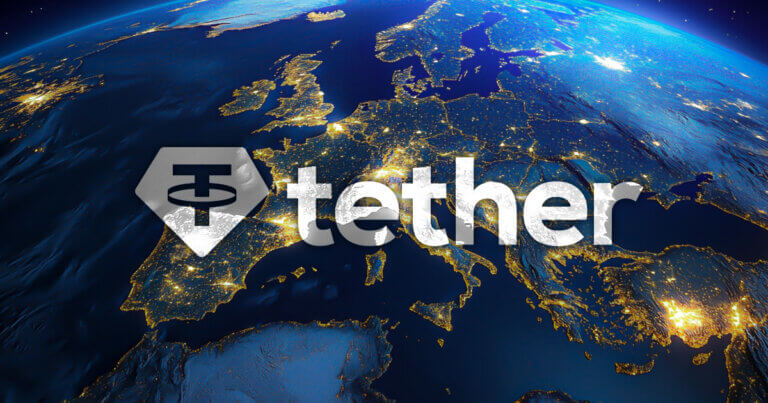Tether, the crypto company behind the $140 billion USDT cryptocurrency, said on Tuesday it has invested in European stablecoin company StablR.
StablR issues euro and U.S. dollar stablecoins EURR and USDR and obtained an electronic money institution (EMI) license in Malta in July, a necessary step to comply with EU-wide regulations.
Tether will also support StablR's operations with its recently unveiled tokenization platform Hadron, providing tools for compliance, know-your-customer (KYC) and anti-money-laundering (AML) checks, risk management and secondary market monitoring.
The firms did not disclose the size of the investment nor the valuation. A Tether spokesperson told CoinDesk that Tether now has a "significant equity position" in StablR.
The investment is the latest example of Tether's strategy to keep a foothold in the EU by backing smaller issuers and providing services through its tokenization platform Hadron as the bloc's MiCA regulation enters into force by the end of this year. The firm decided to shutter its own euro-pegged stablecoin last month, while invested in Netherlands-regulated payments firm and stablecoin issuer Quantoz.
Read more: EU Countries Struggle to Implement MiCA as Deadline for Crypto Regulatory Revamp Looms
"The European stablecoin market is at a turning point, with regulation finally catching up to innovation," Tether CEO Paolo Ardoino told CoinDesk. "The company sees the evolving regulatory landscape as a positive step forward but is concerned about the systemic risks it introduces, particularly within the already vulnerable European banking sector." Tether has been a vocal critic of the MiCA rules that require major stablecoin issuers to hold a large part of the backing assets in bank deposits. The company holds over 83% of USDT reserves in U.S. government bonds, repo agreements and money market funds.
Stablecoins, or cryptocurrencies with steady prices pegged to fiat currencies, are a $200 billion and quickly growing class of digital assets. They are popular as liquidity for crypto trading and are getting increasingly used for everyday payments and remittances due to cheaper and faster settlements using blockchains instead of traditional banking rails. U.S. dollar stablecoins dominate the market with a nearly 99% share, while their euro counterparts lagged in adoption sitting at just about $400 million in market value.





